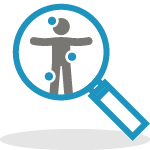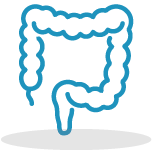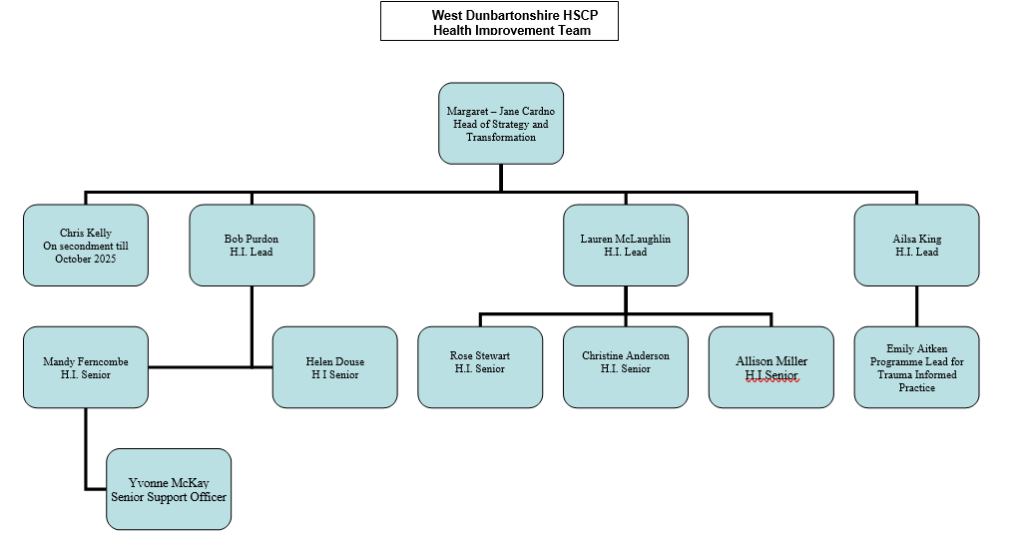NHS Greater Glasgow and Clyde (NHSGGC) and our Health and Social Care Partnerships (HSCPs) have been conducting periodic Health and Wellbeing Surveys since 1999. Over the years, the survey has grown significantly in both size and content. The 2022/23 survey had a sample size of just over 10,000 and, for the first time, covered all geographic areas within NHSGGC.
More information about the Adult Health and Wellbeing Survey
The survey offers a comprehensive overview of health and wellbeing, encompassing aspects such as perceived health and illness, health behaviours, social capital, social health, and financial wellbeing. With its extensive sample size and broad geographic coverage, the survey enables detailed analysis by age, gender, and deprivation category across Greater Glasgow and Clyde. Additionally, it allows for specific insights within Health and Social Care Partnerships/Localities and various neighbourhoods within Glasgow City, based on SG intermediate zones.
The survey is extensively used by NHSGGC to assess health needs and address inequalities across various topics, such as smoking, alcohol consumption, diet, physical activity, long-term conditions or illnesses, social connectedness, reciprocity/trust, volunteering, caring responsibilities, and difficulty finding unexpected sums. Questions are designed and adapted to be comparable with those of other national surveys such as the Census and Scottish Health Survey but also to reflect changing policy priorities and social context so that, for example the 2022/23 survey included questions relating to the impact of COVID.
The survey includes a set of indicators to track trends in key areas such as perceptions of general health, physical and mental wellbeing, overall quality of life, diet, smoking, social capital, economic activity and perceptions of household income. In this way we aim to monitor the wellbeing of our population over time, while also measuring new and changing public health themes and targets. The survey is designed to be flexible, ensuring it aligns with current policies and emerging issues.
As previous NHSGGC Health and Wellbeing surveys have not had a sufficient sample size for a detailed analysis of the experiences of minority ethnic people, the first Minority Ethnic Health and Wellbeing Survey was conducted in 2016 within Glasgow City Health and Social Care Partnership. The second Minority Ethnic Health and Wellbeing Survey was conducted across NHS Greater Glasgow and Clyde in 2024. This followed the same format as that of the Adult survey of 2022/23. It is hoped that future Minority Ethnic surveys will be merged as part of the Adult survey process.
The overall objectives of the Health and Wellbeing survey are:
- to gather intelligence to inform Board wide planning concerning Public Health priorities and local Community Planning Partnerships
- to investigate the varying experience of health and wellbeing in our most deprived communities compared to other areas
- to provide intelligence on the impact of the COVID pandemic on health behaviours; health and illness; social health; social capital; financial wellbeing; and
- to provide valuable information for monitoring health improvement interventions
Accessing Health and Wellbeing Survey Data
Access to the data is available to researchers, public health professionals, and partner organisations with a legitimate interest in improving population health. All requests are subject to review and must comply with data protection legislation.
Respondents to the 2017/18 and 2022/23 were asked if they agreed to having their anonymous surveys linked to their CHI number. Of the most recent 2022/23 Adult Health and Wellbeing sample, more than 80% agreed to have their surveys linked. This allows for linkage and exploration to other clinical records. Requests for linked datasets requires a Safe Haven pathway.
To request access to the survey or linked dataset, applicants must in the first instance email the Health and Wellbeing Survey Team at the email address below. Following and initial discussion you will be asked to:
- Submit a formal data access request outlining:
- The purpose of the research or analysis
- Specific data requirements (e.g., variables, population groups)
- Ethical approval status (if applicable)
- Data protection and security measures
- · Indicate whether access is required via a secure environment such as the NHS Safe Haven.
If you would like more information about the NHSGGC Health and Wellbeing survey or have an initial discussion about accessing the data please email ggc.contact.research@nhs.scot
Latest publications
Recent external reports using Health and Wellbeing Survey data
Volunteer Scotland analysed the NHSGGC triennial Health and Wellbeing Survey 2022/23 to explore the relationship between volunteering and a range of social indicators.
Reports and Resources
Below are links to some of the outputs from the latest and previous surveys, published by NHSGGC and external partners, including:
- Links to the most recent Health and Wellbeing Survey reports, Thematic reports and the Director of Public Health report
- Interactive tables for the 2022/23 NHSGGC Health and Wellbeing Survey including trends for key indicators
- Links to 2014/15 and 2017/18 Health and Wellbeing Survey reports
- Links to reports produced by our partners using the Health and Wellbeing data
Minority Ethnic Health and Wellbeing Survey 2024 report
Minority Ethnic Health and Wellbeing Survey 2024 – Interactive Tables
Health and Wellbeing Survey 2022/23 Reports
HSCP Reports
Glasgow City
East Renfrewshire
East Dunbartonshire
Inverclyde
Renfrewshire
West Dunbartonshire
Health and Wellbeing Survey Thematic Briefing Papers
Stòr – a digital repository for Public Health
Stòr is NHS Greater Glasgow & Clyde’s digital repository for Public Health. You can access the Health and Wellbeing Survey reports for 2014/15 and 2017/18 as well as reports produced by our partners using the Health and Wellbeing data.








